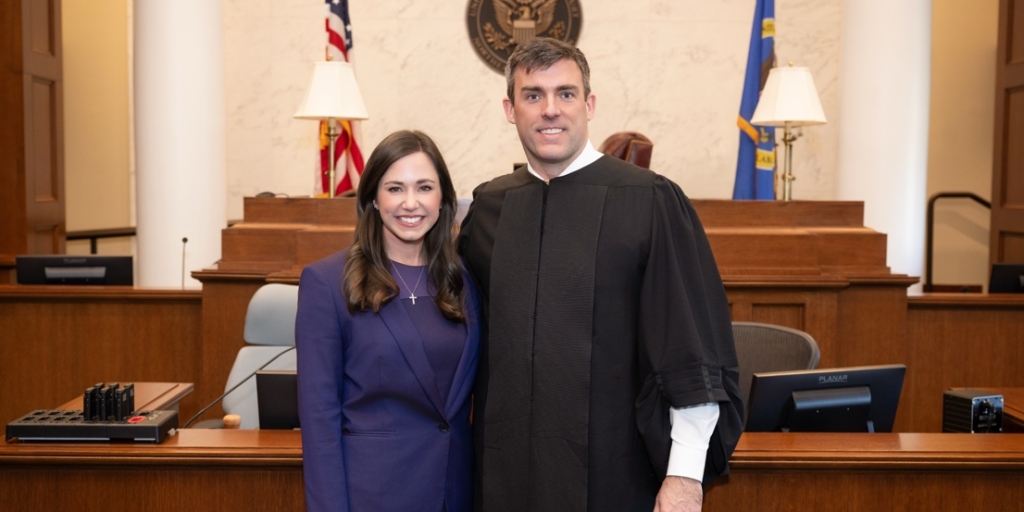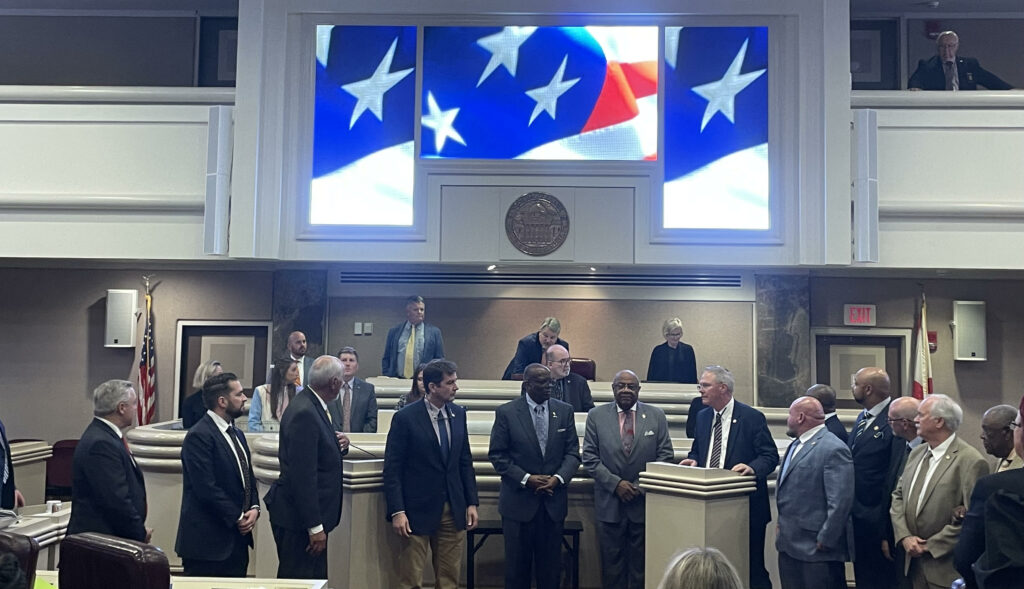
Alabama lawmakers have approved changes to the state veteran’s scholarship program, which directly impacts dependents of disabled servicemen and women. Ultimately, the changes may have saved the benefit altogether.
The move is bittersweet. While several members of the House and Senate acknowledged they would have preferred to leave the Alabama G.I. Dependent’s Scholarship Program as-is, the current plan is financially unsustainable considering the increasing costs of higher education. Other efforts to boost the program, like increasing the Veterans Affairs budget a by a whopping $26.5 million, still fell short of being able to fully prop up the program.
The scholarship assists dependents of disabled veterans with tuition, books, and fees at state-supported colleges and technical schools. In total, 16,595 dependents are enrolled.
Senate Bill 315, which was approved on Wednesday by the State Senate, made vital changes that aim at keeping the scholarship available for many. The legislation increases the threshold disability rating for veterans from 20 percent to 40 percent, but allows those currently taking advantage of the scholarship to remain grandfathered in until July 31, 2023. Additionally, the proposed plan caps each new recipients’ scholarship payout at $250 per credit hour and limits the amounts allowed for books and fees at $1000.
Even with the changes, Alabama’s veteran scholarship requirements are still among the more generous of all the states. According to the National Conference of State Legislatures, Florida and Arkansas require 100 percent, full disability ratings before dependents are eligible for their state’s scholarship programs. Virginia requires 90 percent disability report, while Kansas will only provide the benefit to dependents of a deceased, MIA, or POW service member. Other states like Minnesota cap their annual scholarship benefit for dependents of “severely disabled” veterans.
The bill now goes to Governor Kay Ivey for signature.












